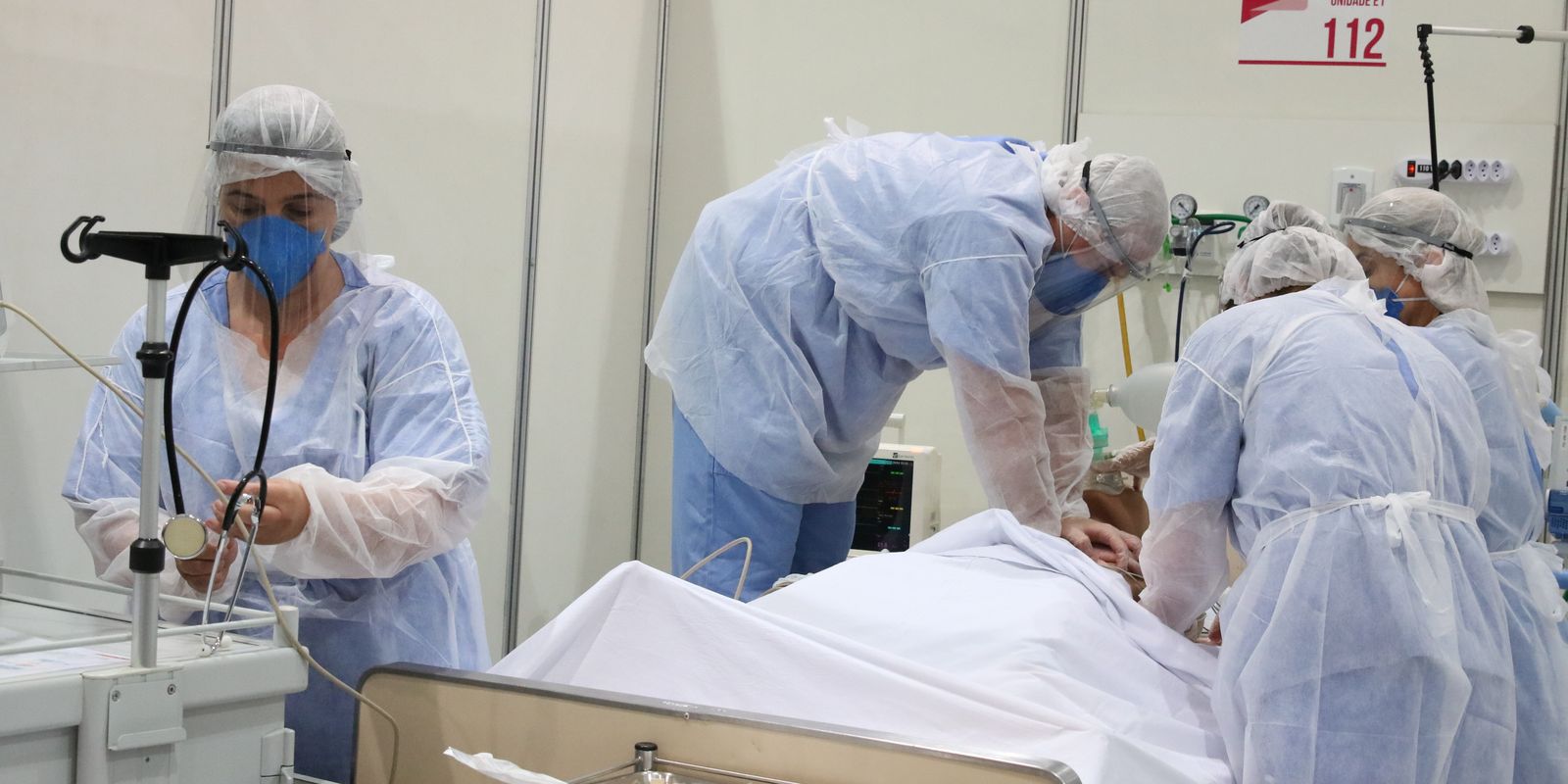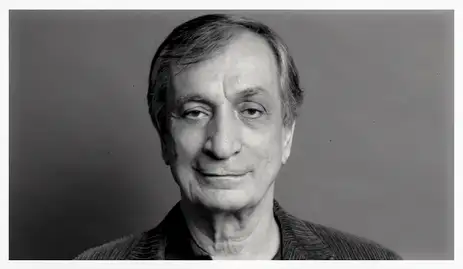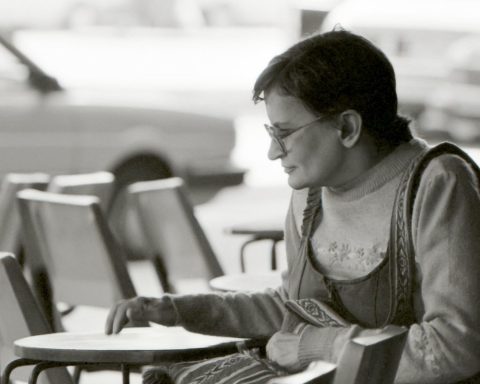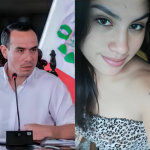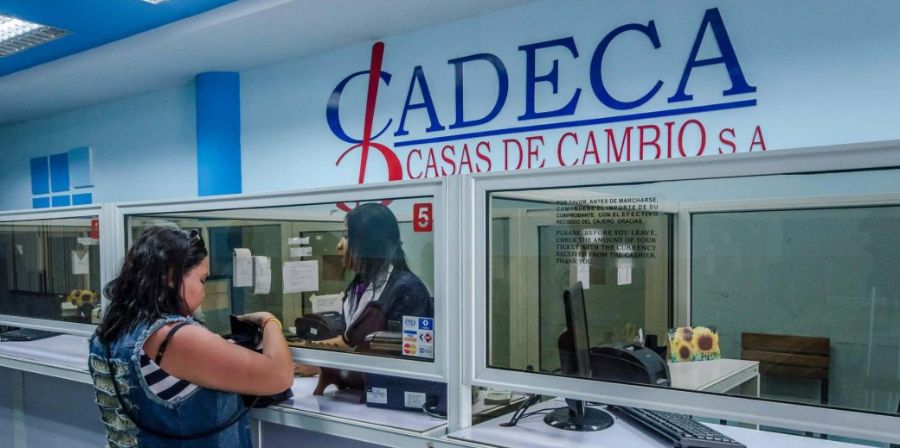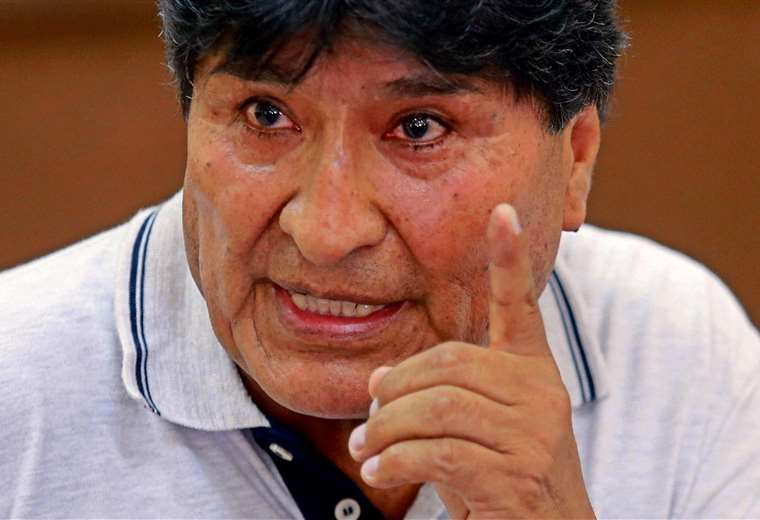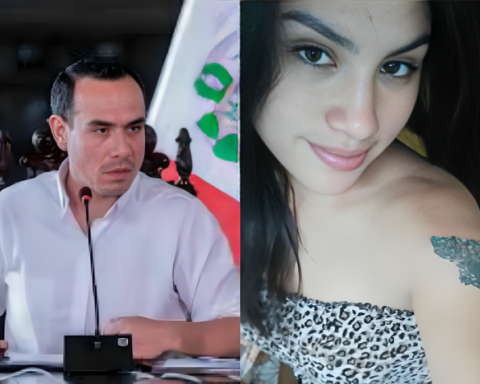“Dear friends, I find myself in Switzerland, about to perform euthanasia. What happens is that my life has become unbearable. I’m suffering from Alzheimer’s…” The words of the poet Antônio Cícero, 79 years old, in the letter he left, moved Brazil. “I hope I lived with dignity and I hope I die with dignity.” He died in Switzerland, last Wednesday (23), where assisted suicide is permitted.
The story of the immortal of the Brazilian Academy of Letters, author of verses such as “the flight of a bird is better guarded than birds without flights”, in addition to being emotional, it also reopened the debate on controversial subjects such as euthanasia, assisted suicide and the dignity of death .
An immortal decided to die, but it could spark the debate about assisted suicide in Brazil. Other Brazilians are experiencing the same drama, but, without money to seek a solution in other countries, they face legal barriers in Brazil.
“Unbearable pain”
Veterinary student Carolina Arruda, 27, from the city of Bambuí (MG), has suffered since the age of 16 with trigeminal neuralgia, a disease that affects the nerves in the face and causes intense pain, described by health professionals as so strong that is impossible to ignore. Even in a painful and complex scenario, she campaigned to obtain resources to carry out assisted suicide in Switzerland. Living with these “unbearable pains”, Carolina estimates that she would need more than R$200,000 to make the procedure possible.
“My dream is still to see my daughter graduate. She is still 10 years old.” So he doesn’t know if it will be possible. “My life routine today is practically the whole day in bed because, if I make any physical effort, I already faint from the pain.”
She explains that it was very difficult to think of a procedure that would end her life. “I still didn’t have the courage to express it. My family doesn’t accept it, but they understand.” It was her friends and family who saw the days turn into excruciating pain for Carolina. She knows that the required documentation will take a long time to be accepted in Switzerland. “More than four years. I know that in Brazil this issue is not even discussed and will not be addressed anytime soon. There is a blindfold to this.”
Only for rich
Heard by Agência Brasil, leading researchers in bioethics in the country consider the subject complex. But they also point out that moral and religious taboos prevent a broader debate on legislation and even care at an inseparable moment in the human experience, the preparation for death.
An international authority on bioethics research, professor emeritus Volnei Garrafa, from the University of Brasília (UnB), assesses that long hospitalizations without State support show that the dignity of death for unbearable situations is restricted to those with financial privilege. “The country is conservative and does not advance on these moral issues, which is regrettable, because this really harms citizenship, especially among the poorest people.”
He understands that all topics involving moral issues in Brazil, including religious dogmas, generate resistance in the Brazilian Legislature for a possible formulation that covers the topic of euthanasia or assisted suicide.
The basic difference between euthanasia and assisted suicide is that, in euthanasia, the doctor performs the act that will lead to death. And in assisted suicide it is the patient who makes the final act.
Coordinator of the Death Studies Laboratory at the Psychology Institute of the University of São Paulo, professor Maria Júlia Kovács considers that Antônio Cícero’s story is moving also because of its sincerity. “To tell your story, and to make the decision for a dignified death. There was a very important commotion (to reduce taboos regarding the topic)”.
In Brazil, these practices are prohibited and can lead to criminal convictions for health professionals. “The legislative panorama, in the field of regulation of sciences related to human life, in the broadest sense, is a true desert”, criticizes Garrafa. He understands that the topic of “end of life” has been constantly removed from the Brazilian debate. “It has been a taboo for Brazilian society, for citizenship, everything that refers to the end of life”.
Law researcher and postgraduate professor in bioethics at UnB, Aline Albuquerque clarifies that both euthanasia and assisted suicide are still crimes from the perspective of the Penal Code. “We do not have any legislative changes in this regard in Brazil. It is a complex topic not only in Brazil. There is currently a project for a new Penal Code, which is in the Senate, in relation to euthanasia with the possibility of the judge not imposing the penalty”.
Other countries
Scholars estimate, however, that the growth in the number of elderly people (people over 65 years old represent 10.9% of the population) and the evolution of technologies that keep people alive in irreversible situations should make discussions on the topic more recurrent.
Garrafa states that palliative care actions for people with advanced illnesses, with respect for the patient’s dignity, have been positive. The professor mentions that in master’s and doctoral studies in bioethics at the University of Brasília, the end of life has been a topic of fundamental interest and that works with classifications.
“Dysthanasia, for example, is the artificial prolongation of life without need. It’s a life that will have a lot of pain. Assisted suicide is a form that has been discussed and implemented in European countries, such as the Netherlands, Belgium and Switzerland”. He says that in these countries cases are carefully analyzed.
Professor Maria Júlia Kovács adds that countries in North and South America have other resolutions on the subject. “Europeans are more advanced and so is North America. Whether in the United States, with assisted suicide, or in Canada, with assisted death. Here in Latin America, Colombia, Uruguay and Chile are discussing the issue.”
She identifies that eventual legislation could address assisted death, as in the case of Antônio Cícero. “I think the first step Brazil should take would be to discuss the issue.”
For her, palliative care favors a dignified death. “Another possibility of a dignified death in our country are advance directives in which the person expresses those treatments that they would like to have at the end of life and especially those that they would not like”. She explains that these directives are endorsed as resolutions by the Federal Council of Medicine.
Beyond moral questions
The researchers understand that this is a topic that needs to be addressed from school in some way, including more attention from the press. Aline Albuquerque explains that the university has taken the topic to the field of education and considers that it is a complex subject that requires a broad perspective. According to her, the inclusion of the Unified Health System (SUS) in the debate is important.
“People can talk about decriminalizing (the practice of euthanasia), but it should be noted that it would be necessary, for example, to structure the public health system for this.” For her, there is also an unfounded imagination that a possible approval of euthanasia would allow the procedure to be carried out at home. “That doesn’t exist. They have to be assisted by health professionals.”
Volnei Garrafa, who was the Brazilian delegate in 2005 for the Universal Declaration on Bioethics and Human Rightsprepared by UNESCO and approved by 191 countries, says that the document emphasizes respect for human dignity and human rights. “It’s difficult, because often the decisions to be made are tough, as is the case with interrupting a life.” He regrets that Brazil, to this day, does not have a National Bioethics Council that could help provide advice and formulate regulations on the subject.
Plural society
The taboo on death is also linked to the fact that the last moments of life are, in general, an experience in hospitals. Before, people died more at home and children saw goodbyes.
The law professor assesses that the topic of death is not emphasized even in the training of health professionals. “As a result, many unsuccessful procedures occur because professionals do not know how to deal with death and loss of patients”, he explains.
Aline Albuquerque contextualizes that Brazil today lives in a plural society, also from a moral point of view. A society that has made death a taboo, independent of religion, and that brings about a formation of thought on the sacredness of life because it would be conceived by God. On the other hand, there is another sense that life is about the autonomy of the individual. “It is very difficult for the State to take a position in the face of such a complex moral disagreement.”
